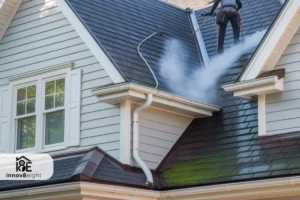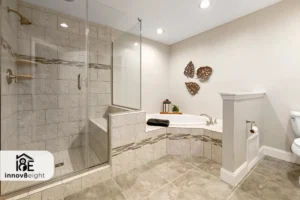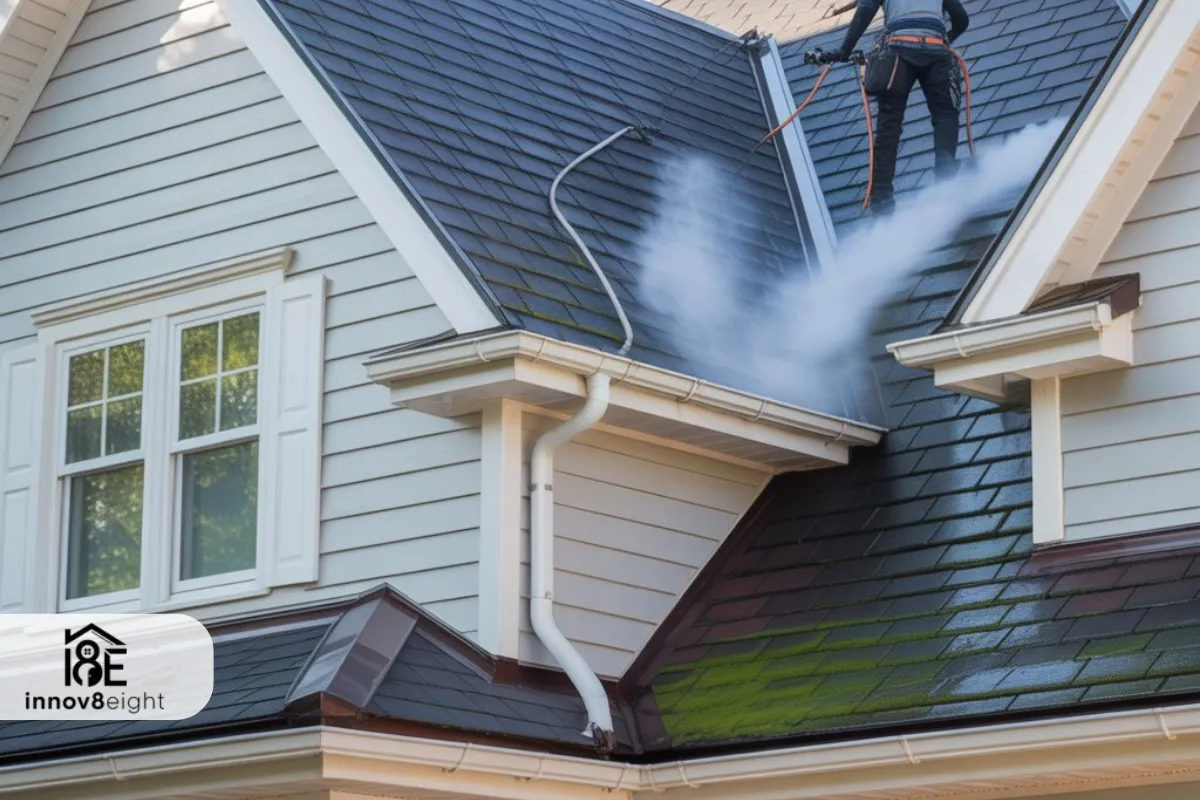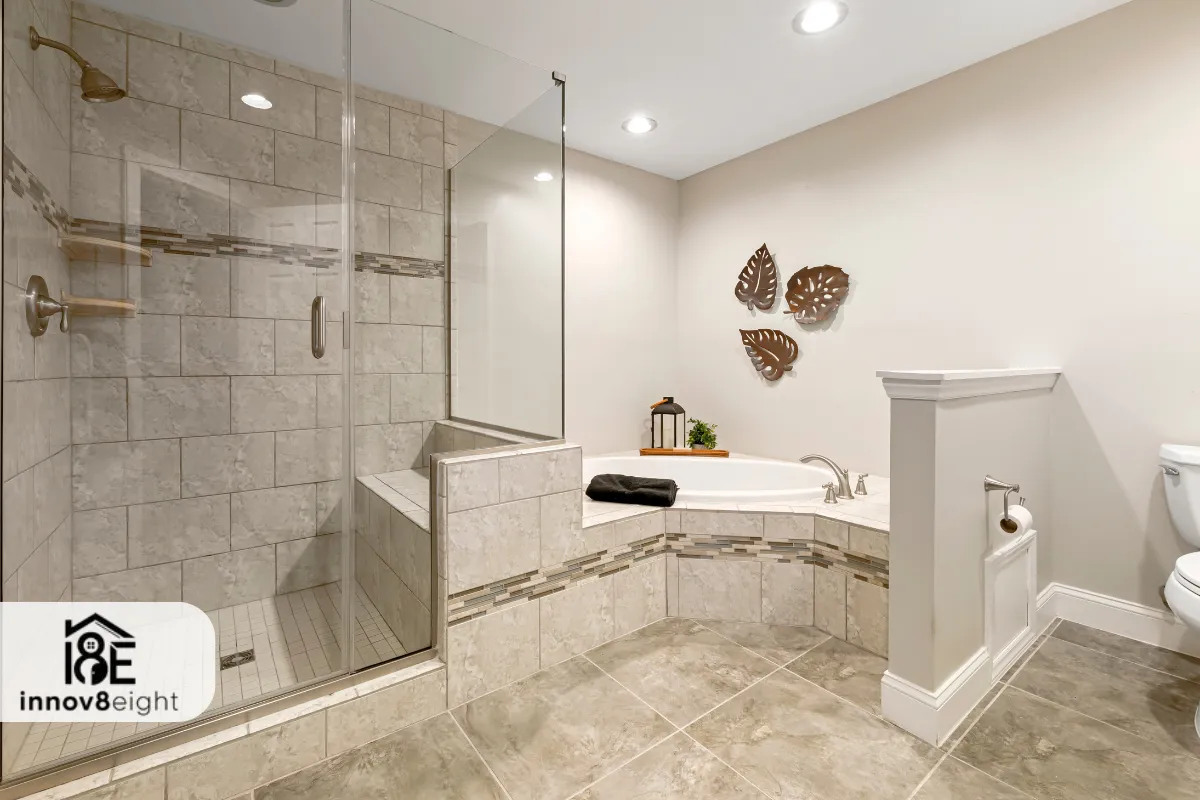Whether you’re starting a general contracting business, expanding your renovation services, or applying for permits, the NAICS code you choose plays a crucial role in shaping how your home improvement company is classified, regulated, and even discovered by potential clients or partners.
The North American Industry Classification System (NAICS) is more than just a bureaucratic label—it’s a code that can impact your taxes, licensing, eligibility for government contracts, and industry benchmarks. So how does the home improvement NAICS code affect your operations and long-term success?
Let’s explore why this small numerical designation has big implications for businesses in the remodeling and renovation world.
What Is the NAICS Code?
The NAICS system is used by federal statistical agencies to classify businesses by the type of economic activity they’re involved in. It replaced the older SIC system and is updated every five years to reflect modern industry trends.
Each business activity is assigned a 6-digit NAICS code. For the home improvement industry, common codes include:
- 236118 – Residential Remodelers
- 238350 – Finish Carpentry Contractors
- 238310 – Drywall and Insulation Contractors
- 238220 – Plumbing, Heating, and Air-Conditioning Contractors
- 238110 – Poured Concrete Foundation and Structure Contractors
- 238130 – Framing Contractors
Choosing the right code helps define your business type more clearly for licensing, compliance, and marketing purposes.
Why the NAICS Code Matters in Home Improvement
Whether you’re offering handyman services, custom kitchen remodels, or full-scale renovations, your NAICS code influences more than you might expect.
1. Business Classification
When you register your business with your state or apply for insurance, the NAICS code determines how you’re categorized. This affects:
- Liability insurance rates
- Workers’ compensation categories
- Licensing requirements
- Tax reporting
Example: A contractor focusing on painting should use 238320 – Painting and Wall Covering Contractors, not a general construction code.
2. Licensing and Permitting
State and local licensing boards often use NAICS codes to match licensing requirements with your business type. Choosing the wrong code could lead to:
- Delayed approvals
- Incorrect licenses
- Legal exposure for misrepresentation
If you’re in a state like California, Pennsylvania, or New Jersey where home improvement contractors must be licensed, the NAICS code helps ensure you’re applying under the correct regulatory framework.
3. Access to Contracts and Bids
Government agencies and corporations often post bids that are tied to specific NAICS codes. If you’re not registered under the correct one, you won’t even be eligible to apply.
Small Business Administration (SBA) resources, including set-aside contracts for small businesses or minority-owned companies, also require proper classification.
How the Home Improvement NAICS Code Affects Growth Strategy
The right code isn’t just about compliance—it’s a foundational piece of your growth and positioning strategy.
Benchmarking and Industry Insights
The U.S. Census Bureau, SBA, and private research firms use NAICS codes to publish data on:
- Average annual revenue
- Profit margins
- Market trends
- Employment numbers
By aligning with the correct code, you can compare your performance to industry norms and set realistic goals.
Marketing and SEO Alignment
Many online business directories, including Google Business Profile, use NAICS-aligned categories. This means your code can:
- Improve your local SEO
- Help potential clients find you in search results
- Clarify what services you provide
Pro Tip: Align your website copy and metadata with your NAICS classification to build authority in your specific niche.
Choosing the Right NAICS Code for Your Home Improvement Business
Not every contractor performs the same types of work. Here’s how to select the most appropriate code for your services:
1. Look at Your Core Services
Do you focus on remodeling? Plumbing? Roofing? Painting? Pick the code that most accurately describes your primary source of revenue.
2. Use the Official NAICS Search Tool
Visit https://www.naics.com/search and type in your services to find matching codes.
3. Avoid Overgeneralizing
While it might be tempting to choose a broad category like “Construction,” more specific codes often unlock better data, contracts, and business advantages.
4. Don’t Mix Codes Unless Necessary
You can assign secondary codes if you have multiple service lines, but don’t overcomplicate it. Pick one primary code that reflects your main offering.
Common NAICS Codes for Home Improvement Companies
Here’s a quick reference for commonly used NAICS codes in the home improvement industry:
| Service Type | NAICS Code | Description |
| Residential Remodeling | 236118 | Remodeling existing residential structures |
| Painting | 238320 | Interior & exterior painting and wall covering |
| Flooring Installation | 238330 | Floor covering contractors |
| Roofing | 238160 | Roofing contractors |
| Electrical Work | 238210 | Electrical contractors and services |
| HVAC | 238220 | Plumbing, heating, and air-conditioning work |
| Framing | 238130 | Structural wood framing contractors |
| Siding and Exterior | 238170 | Siding installation contractors |
| Tile and Stone Work | 238340 | Tile and terrazzo contractors |

FAQs
What happens if I choose the wrong NAICS code?
You could face licensing issues, miss out on bidding opportunities, and receive inaccurate insurance or tax classifications. It may also limit access to financing programs or data relevant to your business.
Can I use more than one NAICS code?
Yes, if you offer multiple distinct services. However, you’ll still need to choose one as your primary code. Additional codes can be listed for secondary services, but they may not be recognized in all systems.
Is 236118 the best code for general home remodeling?
In most cases, yes. 236118 – Residential Remodelers is the standard for businesses that perform a mix of improvements (kitchens, bathrooms, additions, etc.) on existing residential buildings.
Does the NAICS code affect SEO or how clients find me online?
Indirectly, yes. Many business directories and Google categories are informed by industry classifications. Matching your service descriptions to your NAICS code can improve discoverability and keyword relevance.
Final Thoughts
The home improvement NAICS code might seem like a minor administrative detail, but it’s actually a key piece of your business identity. From compliance to marketing, contracts, and industry benchmarking, getting it right can unlock major advantages.
If you’re planning to grow, pivot, or refine your offerings in 2025, now’s a great time to review your NAICS designation. Accuracy today ensures fewer headaches tomorrow—and may even open the door to new opportunities you didn’t realize were available.
Need help determining the best code for your business? Talk to a licensing expert or your local Small Business Development Center (SBDC). The right number could make a big difference.













